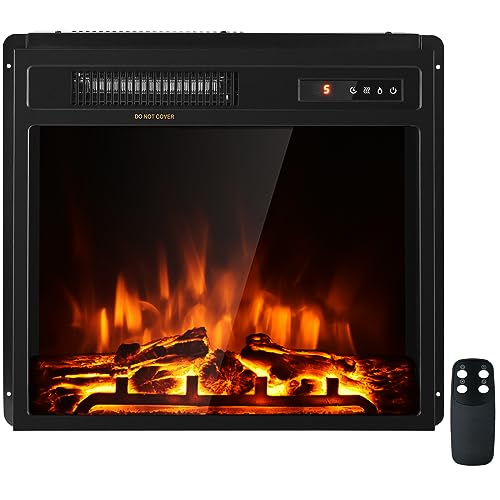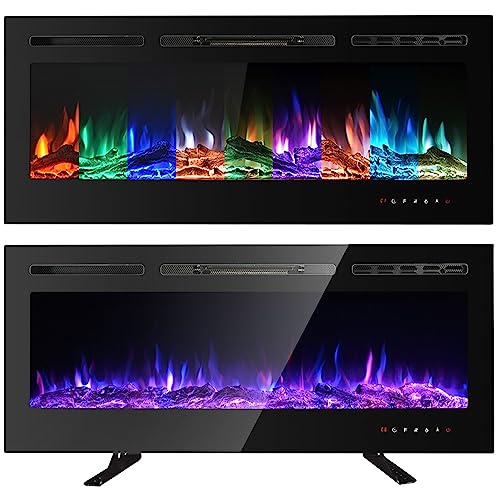Small Wood Burner Tools To Ease Your Daily Lifethe One Small Wood Burn…
Millard
0
4
12.23 23:45
 Caboose - A Very Small Wood Burner
Caboose - A Very Small Wood BurnerThe Caboose is an Ecodesign and DEFRA approved log burner that can burn smokeless and wood. It is able to burn larger pieces of wood compared to most smaller stoves, and it has a high heat output and burn time.
It is also possible to shield with a heatshield for compliance with Approved Document J Building Regulations, which require wood stoves to be kept away from surfaces that are combustible on all sides.
Clean Wood
Wood stoves not only look gorgeous, but they are also a great way to heat your home. To ensure that they operate efficiently and effectively, they must be maintained in a proper manner. This can be a bit of a hassle, particularly when it is about keeping the glass clean but a few simple steps can make all the difference.
It is essential to only burn british wood burning stoves that has been seasoned in your wood stove. This means that the wood should be cut and stored for at minimum a year prior to being used to help reduce the amount of smoke. Wood that is not properly seasoned can cause the flue to overheat and result in an explosion that is out of control.
Only burn clean wood on your wood stove. Avoid burning paper or other non-wood items like rubber or plastics, as they can emit toxic fumes that are harmful for your health. Burning treated or painted wood could release harmful chemicals like arsenic, which is bad for your health.
You should also wash the interior of your stove regularly. This can be accomplished easily with a common household vacuum cleaner as well as a brush attachment. You can also buy a variety of cleaners designed specifically for use on glass stoves It is however important to ensure that the product you choose doesn't void the warranty of your stove prior to using it.
It is also essential to examine the fire rope seals on the top and bottom of your wood stove. They stop smoke or soot escaping from the stove. It is crucial to ensure that they are properly installed and not worn out.
The last thing to do is you should remove any birds that have settled on your chimney. Seagulls are a nuisance because they can sit on chimneys in the summer. This could cause all kinds of debris to fall into the flue, which can damage your stove. You can add a variety of bird guards and spikes on your chimney in order to prevent this.
Paper Burning
Burning paper is a simple method to get a fire started, but the wrong type of paper could cause dangerous smoke. Certain types of papers, such as gift wrap and glossy magazines contain harmful chemicals that release toxic fumes as they burn. Burn only clean paper in your wood stove to avoid creating a dangerous environment.
If you have only a few pieces of paper to burn, think about using the tub. Set a stack over the tub and then light one corner. The water will catch any embers that fall, and prevent them from catching the trees or grass on fire. If you're worried about the smell of burning paper, put a bowl full of baking soda or vinegar close by to neutralize the smell.
Begin with a base of small twigs, or newspaper shredded. This will ensure that the paper burns in a proper manner. Add 3-4 medium-sized logs of wood and let them burn. Then, place the paper on top of the burning tinder. The paper will burn fast So you must monitor the flame closely.
It is recommended to pick an unwind-free day to burn papers outdoors. A strong wind gust can send embers into your property or into the grass. Inhaling the smoke from burning paper can cause breathing issues.
You can also employ a BBQ grill to ignite paper, but this method is recommended for those with only a couple of sheets of paper to burn. If you have a grilling surface, you can take it off and use it to burn the paper directly over the charcoal.
Before you begin burning paper, make sure that your wood burner is functional and that the fire pit is clear of branches, twigs, and other materials that could ignite. It is recommended to keep an extinguisher in your reach in the event of an emergency. Contact your local government and homeowners association to see if it is legal for you to burn paper outside.
Safety Precautions
Wood burning stoves can be a great source of comfort and enjoyment but only if you use them with care. It may appear obvious to others, but the truth is that a lot of people fail to follow the most basic safety precautions.
Make sure your stove is properly insulated and any flue pipes running outside are adequately protected. Also, make sure that children and pets stay away from the stove.
Make sure that any paper or trash is not left in the firebox. The chimney and fireplace can overheat if these materials are ignited. They also can produce creosote, which is an fire hazard and needs to be maintained regularly.
Make sure to check the smoke alarms and test them each month. In addition, it's recommended to install carbon monoxide detectors, which can save lives and are inexpensive.
Keep a fire extinguisher handy in case of an emergency. Do not build a huge pile of logs. Only burn dry well-seasoned wood. Burning a stack of logs together causes incomplete combustion and can increase CO emissions. It is important to keep an eye on and manage the flame. If it gets out of hand the fire should be snuffed out immediately.
When you have finished using your stove make sure that the fire has been put out and that all combustible materials are removed from the space around the fireboxes and flue pipes. The requirements for clearance will differ according to the model of your stove and how you plan to install the stove inside your home.
You should consider a DEFRA approved model if you intend to install your wood-burning stove in a smoke-controlled space. These woodburning stoves are designed to operate in smoke-controlled areas. They come in various sizes and colours. Some models can be customized to fit your specific design and come with direct air intake for better performance in areas with smoke control.
Installation
Wood stoves can be used to warm small spaces. They can be placed in sheds, yurts and even cabins. They also provide a warm, cozy fire without the need for electricity or oil. To ensure that you are able to properly install your wood stove, it's essential to follow the installation instructions of the manufacturer. These guidelines will ensure that your cheap wood burner stove is safe to use and can use it without problems.
Before installing your stove, you should remove all combustible materials from the area. You should also leave at minimum 16" between the stove and the closest wall that is combustible. If you do not meet these requirements then a stove board or hearth pad could be installed. This non-combustible pad will come with 1" spacers that will help the stove to sit further away from the wall which could reduce the clearance requirement by up to 66%.
To stop smoke from blowing back into the room, remove any combustible objects such as curtains and furniture. Install a smoke and carbon monoxide alarm in your shed. Additionally, you should make sure that there is enough ventilation in your shed. It is important to check your stove regularly and chimney for security.
It is recommended to buy an electric stove made of wood that is EPA certified. This certification signifies that the stove is more than 75 percent efficient, meaning it will take in and convert more heat from wood than it releases. You should also select your wood stove in accordance with the recommended heating capacity for the room in which it will be installed. This will ensure that you do not risk overloading your stove which can lead to creosote build-up and smokeouts.
Once you have cleared the space and removed combustible items, you should prepare the stove's foundation. This includes removing any combustible materials and making the hearth ready. Verify that the vents are open and free. If they are not, you'll need to install new vents.
 After you have set up your stove, you should test its functionality by lighting three or four small fires. This will make sure that the paint and fire bricks on your stove, and will ensure that you are able to safely burn large flames.
After you have set up your stove, you should test its functionality by lighting three or four small fires. This will make sure that the paint and fire bricks on your stove, and will ensure that you are able to safely burn large flames. 